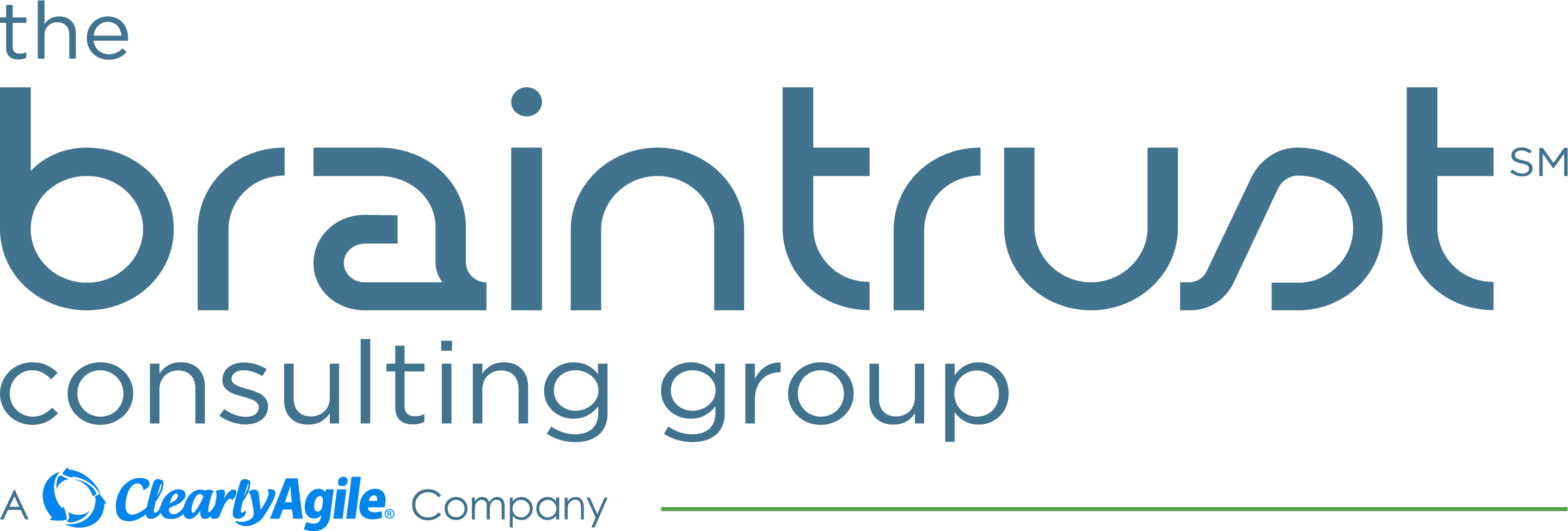In the dynamic realm of product development, understanding the distinctive roles of a Product Manager and a Product Owner is vital for achieving successful outcomes. At Braintrust Group, we recognize the significance of these roles and how they collaborate to drive innovation and deliver exceptional products.
What Is The Relationship Between A Product Owner And A Product Manager
Product Owners take the reins of the product development process. As savvy visionaries, they establish a profound comprehension of customer needs, market trends, and business objectives. They act as the voice of the customer, translating their requirements into detailed user stories and prioritizing them in the product backlog.
On the other hand, Product Managers are responsible for the overarching strategy and success of the product. They closely monitor the market, competition, and emerging trends to devise a winning product strategy. By collaborating with cross-functional teams, they ensure the seamless execution of the product roadmap, bringing valuable solutions to customers.
Collaboration Within The Office
The collaboration between Product Managers and Product Owners is a powerful force. The Product Manager sets the strategic direction, while the Product Owner ensures that specific customer needs and requirements are addressed through meticulous planning and coordination with development teams.
Differences In Roles
Product managers possess a strategic mindset, centering their attention on the product’s overarching vision, aligning it with company objectives, and staying attuned to market trends and dynamics.
In contrast, product owners are primarily tactical in nature and commonly found in agile organizations. They play a crucial role in the product development process by translating the product manager’s strategic vision into actionable tasks. Collaborating with cross-functional agile teams, product owners ensure the seamless execution of these requirements, thereby driving the product towards successful fruition.
Product Managers
Product management involves skillfully steering the development, market launch, and ongoing support and enhancement of a company’s products. Within this domain, product managers assume a pivotal role, emphasizing long-term strategic planning, nurturing the product vision, keeping abreast of market trends, and keenly identifying fresh opportunities for growth and success. The Product Manager will typically be involved in:
- Product marketing
- Supporting product sales
- Budgeting
- Long-term envisioning
- Customer care
- Supporting the solution-delivery team
Product Owner
As product management expert Roman Pichler explains of the product manager-product owner distinction, the product owner role traces back to the Scrum agile methodology for project management. As a result, product owners today are found primarily in organizations that use the agile development approach. Product owners are often involved in:
- Attending team coordination meetings
- Organizing demos
- Doing sufficient analysis to ensure requirements are ready to be worked on
- Being involved with ongoing testing efforts
Is A Product Manager The Same Thing As A Product Owner?
In smaller and newer organizations, like those in the software industry, a product owner can play a crucial role in managing product development without needing a full product management team. However, as the organization grows, it’s important to create a separate product manager role for long-term success.
Product owners and product managers are not the same, though. They serve unique functions in the product development process. Establishing both roles separately as the organization matures leads to better product management and successful outcomes.
What Skills Does A Product Owner Need?
As we’ve discussed in What Is A Product Owner, there are a few important skills and characteristics that a person will need to be a successful product owner.
- Business knowledge: The Product Owner should possess a profound understanding of the business and market to make well-informed decisions about the product.
- Strategic mindset: Strategic thinking is essential for the Product Owner to align the product with the company’s overall goals.
- Effective communication: Strong communication skills enable the Product Owner to articulate the product vision clearly to the development team and stakeholders.
- Team player: Teamwork skills are crucial for the Product Owner to collaborate effectively with the development team and stakeholders, ensuring the product’s success.
- Subject matter expertise: Having subject matter expertise in the product or target market enhances the Product Owner’s ability to make informed decisions.
- Influential leadership: The Product Owner must possess influence skills to guide cross-functional teams, ensuring timely and budget-conscious product development and release.
Product Owner Vs. Product Manager
The ongoing debate surrounding the boundaries between a product manager’s role and a product owner’s role, or whether they are simply two facets of the same position, may never reach a definitive conclusion.
However, what truly matters is establishing a product organization with a team structure that aligns with your unique process. Ensuring that both Product Managers and Product Owners fully comprehend their respective responsibilities and objectives is essential for the success of your team. Clarity in roles leads to effective collaboration and a well-functioning product development process.



